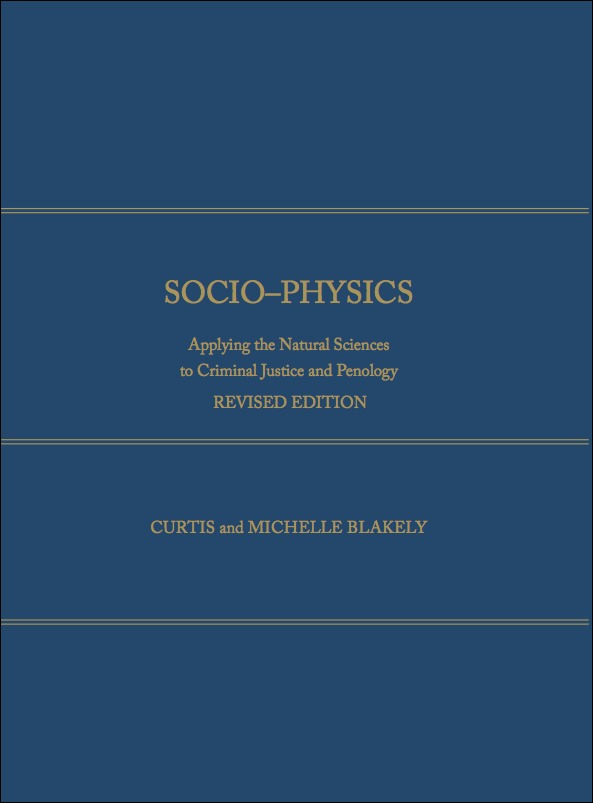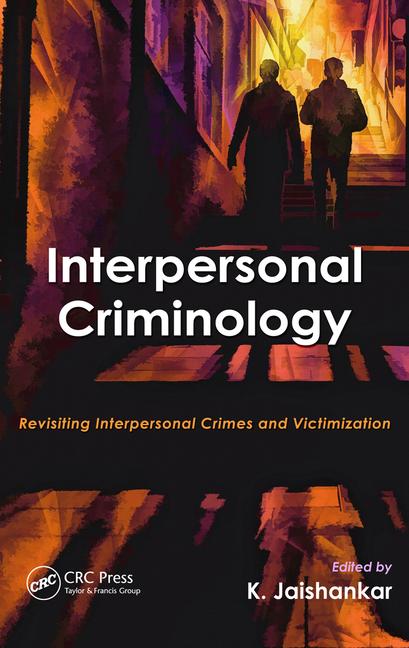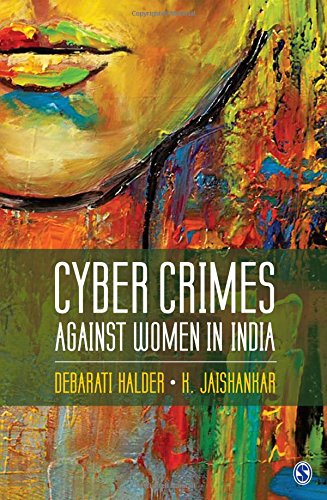Criminalizing the Freedom of Expression by State during COVID-19 Pandemic in Indonesia
Abstract:
During the COVID pandemic, the act of criminalizing the freedom of expression was evident in most countries including Indonesia. Several journalists and human rights activities faced the state hostility and criminalizing assaults over their free expressions. Such acts were considered instances of limitations of the freedom of press and media. The government justified such acts as violation of regional and national regulations and equated them with blasphemy, hate speech, and separatism. The Indonesian government justified the restriction on freedom of expression on the grounds of collective interests, such as public order and public health. The study adopted a justificatory approach within the normative and juristic regulations. This study found that a state categorized the right to free speech as a vehicle of crime during the periods of crisis like COVID pandemic, hence criminalized all free expressions in media and in the public domain and imposed limitation on the freedom of expression. The study recommends to repeal the Indonesian Electronic Information and Transactions (EIT) Law, particularly Article 127, that considers all free expressions as defamation and hate speeches. If needed, such acts should not be criminalized and treated as a civil litigation
Keyword:
Indonesia, media, democratic principles, free speech, hate speech



